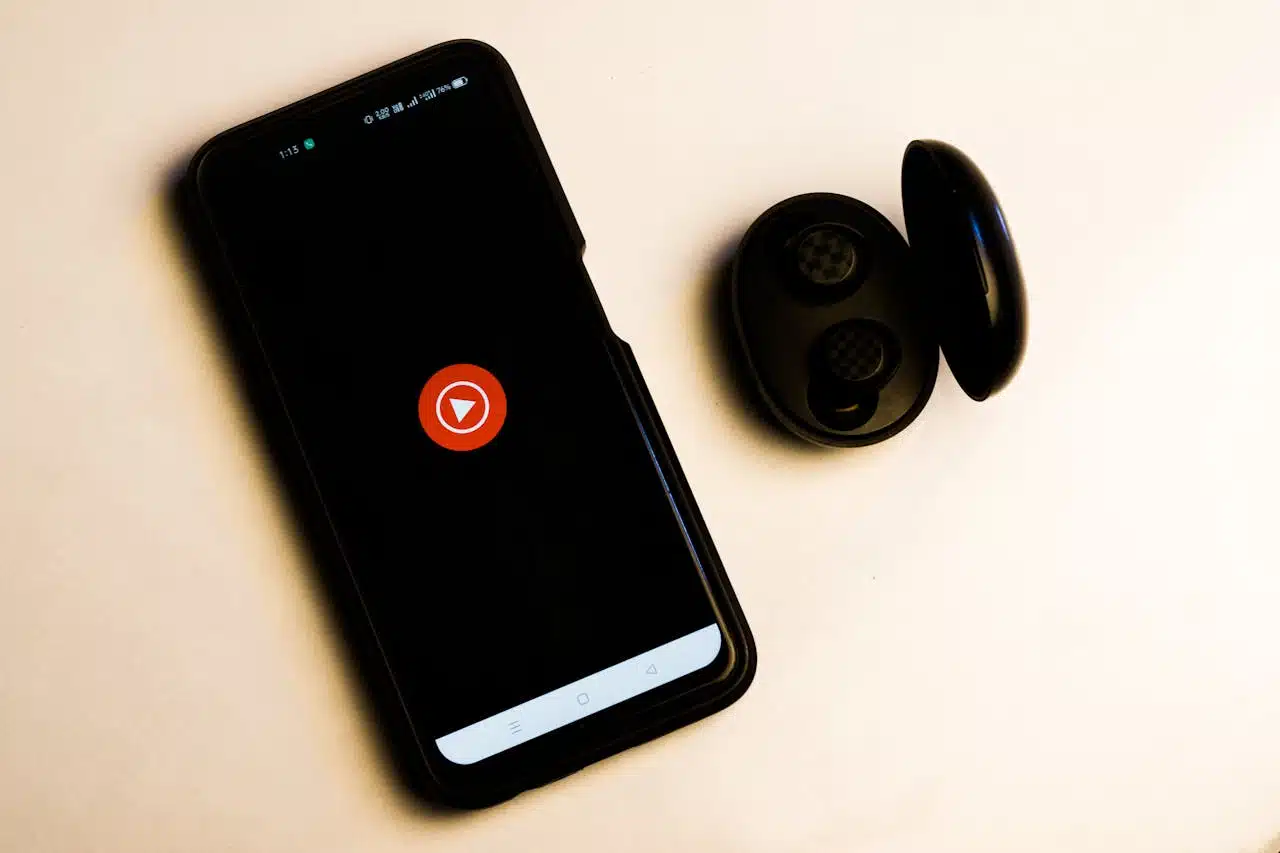Learn How to Cite an Audio Book? Citing an audiobook is vital. It acknowledges the sources of information. We use it in academic or professional works. Audiobooks are getting more popular. It’s crucial to know how to cite them. This is needed to keep academic integrity and give credit to the creators. Audiobooks offer a convenient alternative to print. They provide access to a diverse audience. But, citing them is different from citing print sources. This is due to their unique format. In this guide, we will cover citing audiobooks. We will explore many citation styles. We will also give tips on referencing this valuable source.
What is the meaning of Cite an Audio Book?
Citing an audiobook involves showing where information came from. It is used in a written work, like an academic paper, article, or research project. When you cite an audiobook, you give credit to its creators. You may be interested in this also: How to Buy a Financial Advisors Book of Business. This includes the author(s), narrator(s), and publisher. This acknowledgment is key for maintaining academic integrity. It gives proper attribution to the original creators. It lets readers find the source material for reference or verification.
An audiobook citation has key information. It includes the author’s name, the title, the narrator(s), the year, and the publisher. Also, if the audiobook was accessed online, the citation may include a URL or DOI. These give readers access to the source. Including the narrator(s) in the citation is key for audiobooks. They play a big role in presenting and interpreting the content. Citing an audiobook is similar to citing other types of sources, such as printed books or journal articles, but it may require some adjustments to accommodate the unique format of audiobooks.
How to Cite an Audio Book?
- Identify the Citation Style
- Gather Necessary Information
- Format the Citation
Identify the Citation Style
Before citing an audiobook, determine which citation style your work requires. Common styles include APA, MLA, Chicago, and Harvard. Each style has rules for formatting citations. So, use the right style for your project.
Gather Necessary Information
Collect all the information needed to create a complete citation for the audiobook. This typically includes:
- Author(s): The names of the author(s) or editor(s) responsible for the content of the audiobook.
- Title: The title of the audiobook.
- Narrator(s): The names of the narrator(s) or performer(s) who recorded the audiobook.
- Publication Information: This may include the publisher’s name, the year of publication, and the format (e.g., CD, digital download).
- Access Information: If you accessed the audiobook online, include the URL or DOI (Digital Object Identifier).
Format the Citation
Once you have all the data, format the citation by the chosen style’s guidelines. Below are examples of how to cite an audiobook in APA, MLA, and Chicago styles:
APA Style:
- Author(s): Author’s Last Name, First Initial. (Year). Title of Audiobook [Narrator(s)]. Publisher. URL or DOI (if accessed online).
MLA Style:
- Author(s): Author’s Last Name, First Name. Title of Audiobook. Narrated by Narrator’s First Name Last Name, Publisher, Year.
Chicago Style:
- Author(s): Author’s Last Name, First Name. Title of Audiobook. Narrated by Narrator’s First Name Last Name. Publisher, Year.
Each citation style requires the author’s name. It also needs the title of the audiobook, narrator(s), publisher, and publication year. Including the narrator(s) is crucial for audiobooks. Narrators play a big role in making and presenting the content. Also, if you accessed the audiobook online, include the URL or DOI. This will let readers access the source. Follow these steps. Follow the guidelines of the chosen citation style. Doing so will ensure that your audiobook citation is accurate. It will be complete and properly formatted to academic standards.
FAQ’s
How do I cite an audiobook?
Follow the right citation style, like APA or MLA. Include details such as author, title, narrator, and publication info.
How to cite an audiobook in APA 7?
Follow the APA 7 guidelines. Include details like author, publication year, title, narrator, and retrieval info (if online).
How do I quote from Audible?
Use the right citation style (e.g., APA, MLA). Include details like author, title, narrator, and publication info. Mention Audible as the source, if needed.
Can audiobooks be copyrighted?
Yes, audiobooks have copyright protection. They are like printed books and other media.
Conclusion:
In conclusion, citing audiobooks is key for academic and professional writing. It ensures proper attribution and adherence to citation guidelines. Audiobooks are increasingly popular. It’s important to know how to cite them well. This keeps your work honest and gives credit to the creators. Writers can follow the guidelines in this guide. They can also consult the right citation style manuals. This will help them cite audiobooks in their works. It will also help them boost the transparency and credibility of their research. Audiobooks are used for academic research, professional projects, and personal enrichment. They offer valuable information. This information deserves proper acknowledgment and citation.

